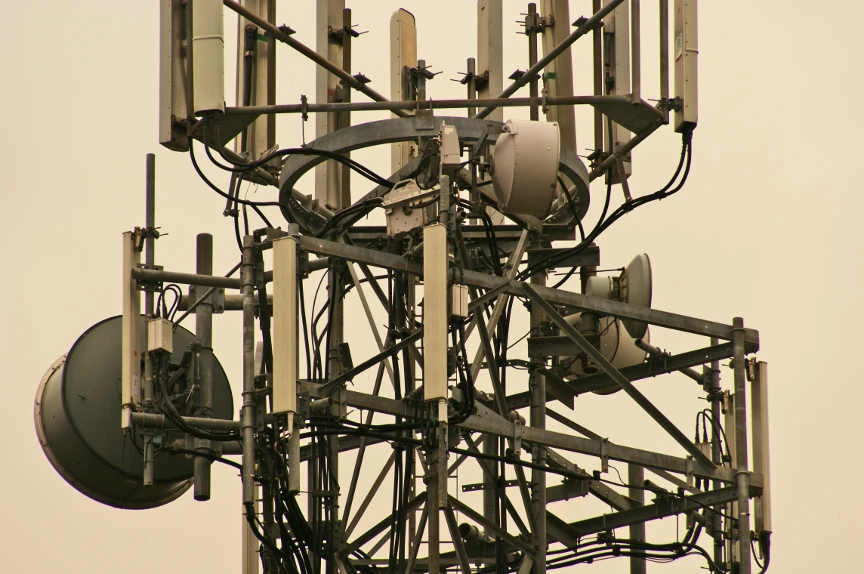While wireless anything sounds like the way to go nowadays, there are always compromises to some features that are made because of the decision to make a wireless system. We’ll run down the list of the things you get and the things you may lose by selecting wireless alarm systems.
Pros of Wireless Alarm Systems
- Easy installation into an existing structure – Most security systems are added after a house is built, and running wires to sensors on all of your windows and doors through walls and floors can be tricky.
- One less thing to plan for during new construction – Do you really want to tell your sheetrock guys to wait until you can get the alarm system guy out to run their wires? It’s one less headache if you can throw sensors up at any time during the build process.
- Easy to take with you – Moving? No problem, just pull down the system and apply some fresh double sided tape or screws at your new home.
- Apartment and rental ready – What if you can’t punch a bunch of holes in your walls to run wires because of your rental agreement? That’s no issue here.
Cons of Wireless Alarm Systems
- Where did this wire come from? – With some systems, you’ll still be forced to run power to your alarm control panel. Since it is monitoring the other sensors all of the time, it uses a lot more power and batteries are less practical.
- Ughh, more batteries! – Since they don’t get power over wires, you’ll have to worry about changing the batteries in all of your sensors. They could warn you via lights on the sensors or beeping on the unit, but if your luck is like mine, the batteries will go dead in the middle of the night. Plan on making the rounds every few months because they definitely won’t be kind enough to all fail at once.
- Spoofing/security – You’ve heard of people hacking your wireless network, right? Well, that can be done in no time for an unencrypted network and in just a few minutes for the older WEP encryption protocol. So, much more secure do you think your security system is? Unfortunately, some systems are not designed with this type of attack in mind. On the worst offenders, I could intercept your disarm code and play it back to your system before I break in.
- Interference – With the proliferation of wireless devices, other electronics in your house could interfere with the operation of your security system, causing false alarms. This doesn’t happen often, but it does happen. And don’t forget, your security system can interfere with your other wireless networks, slowing down or (more rarely) disabling other devices.
- Jamming – In order to set off an alarm, an entry sensors must send a message to the base station that it is open. What happens if there is excessive radio frequency noise on the same frequencies that your system operates on? The receiver on the base station could saturate or just not see the signal. Either way, your security system is useless. I’m a computer engineer, so I have a leg up on the competition. But, I could build something like this for under $50, and I’m sure they’re available for a little more than that online. I won’t provide links, but you can rest assured that they’re out there.
Want to compare these wireless systems to other home security systems? I put together a comparison tool at https://24-7-home-security.com/home-security-system-comparison-tool/.
Wow, that’s a lot of cons, what was I thinking?
Well, the ease of installation and portability of a wireless system are major selling points. And, you should consider that several of the con’s that I’ve listed relating to interference and security are not exploits that every burglar will use. These won’t apply to burglaries that are impulsive.
And, the hacking attack that I mentioned is fairly sophisticated. The equipment to do that would probably cost north of $1000 and the type of equipment that would make it easy for a non-technical user would be several thousand dollar. So, that’s a sum that lower level crooks are going to balk at. They would rather 1) go to the neighbor’s house or 2) break in and grab any valuables and flee before the cops got there and still make out with a decent payday.
The jamming attack is not very sophisticated at all. But, the effectiveness of the technique will depend on the design of your security system. There are pretty simple techniques that could detect and trigger an alarm when jamming is sensed, but whether or not your system has that capability may be hard to figure out. Generally, companies are very tight lipped about vulnerabilities, so you may have to rely on the research of 3rd party investigators. These attacks are employed in a fraction of the overall burglaries, but if the size of your home or the value of your possessions make you a big enough target, then your security system research and investment should be larger to mitigate the risk and consequence of a burglary.
See something we missed? Let us know in the comments below.

Hi, I’m Jody. I graduated with honors with a Masters of Science in Computer Engineering and have over 15 years of experience working as an engineer with electronics products. I’m a lifelong learner and tinkerer and enjoy automating things around the house so I can solve bigger problems than getting out of bed to check if the garage door is closed . . . like too little sleep!

